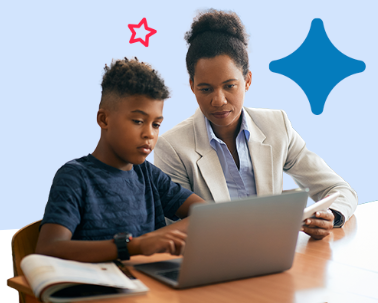As education becomes increasingly technology-driven, the need to promote responsible and ethical use of digital tools has never been more important.
Personalized learning provides an excellent opportunity to integrate lessons on digital citizenship, helping students develop the knowledge, skills, and values they need to navigate the online world safely and respectfully.
Defining Digital Citizenship
Digital citizenship refers to the responsible use of technology by anyone who interacts with digital platforms.
This includes understanding online safety, practicing respectful communication, protecting personal information, and thinking critically about digital content.
Strong digital citizenship habits prepare students to be thoughtful participants in today’s connected society.
The Link to Personalized Learning
Personalized learning gives students more autonomy in how they access information, complete assignments, and interact with peers online. With this increased independence comes a greater need for guidance in digital behavior. Educators can embed digital citizenship instruction into personalized learning tasks, teaching students to make ethical decisions as they explore their interests and express their ideas.
Teaching Responsibility and Respect
Through digital platforms, students often collaborate, share opinions, and submit creative work. Personalized learning environments should emphasize respectful communication, digital etiquette, and proper citation practices. Activities like peer feedback, online discussions, and research projects offer natural opportunities to reinforce responsible behavior.
Protecting Privacy and Identity
Students must also learn how to protect their digital identities. As personalized learning often involves logging into platforms, saving work online, or using apps, it is essential to teach privacy awareness. Lessons can include recognizing secure websites, setting strong passwords, and understanding data sharing policies.
Encouraging Critical Thinking
Digital citizenship includes evaluating the reliability and accuracy of online information. Within personalized learning, students may conduct independent research or explore open-ended topics. Teachers can help learners develop skills to identify credible sources, avoid misinformation, and ask thoughtful questions about digital content.
Promoting Lifelong Digital Skills
By combining digital citizenship with personalized learning, educators prepare students not only for academic success but also for responsible participation in a digital society. These lessons support students in becoming respectful, informed, and empowered digital citizens.
Conclusion
Personalized learning and digital citizenship go hand in hand. As students take more control over their learning paths through technology, they must also learn how to engage ethically and safely in the digital world. With the right guidance, schools can create environments that promote both academic growth and responsible digital participation.






